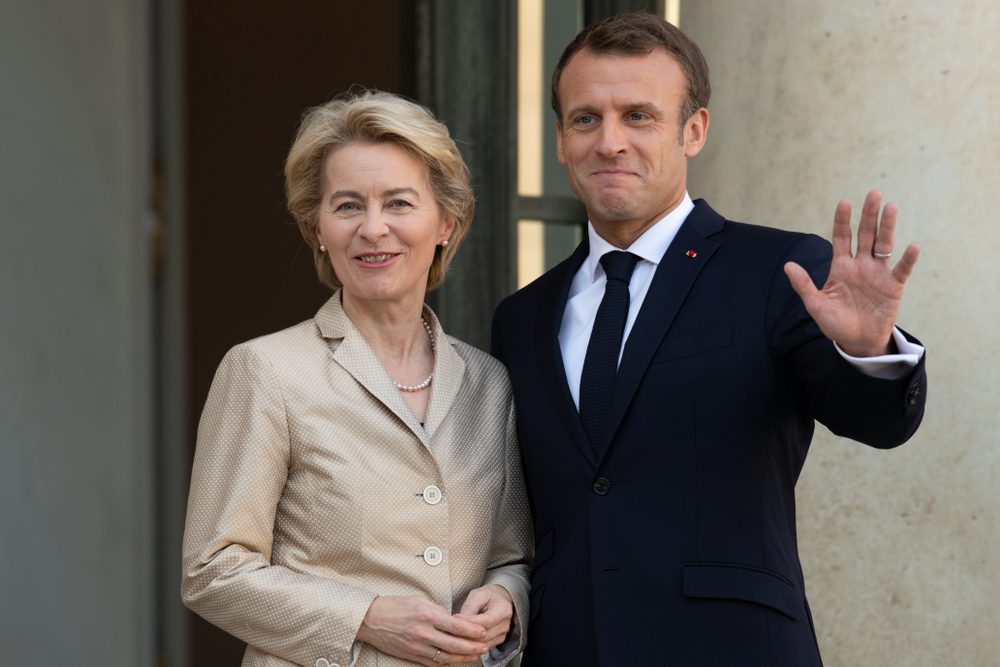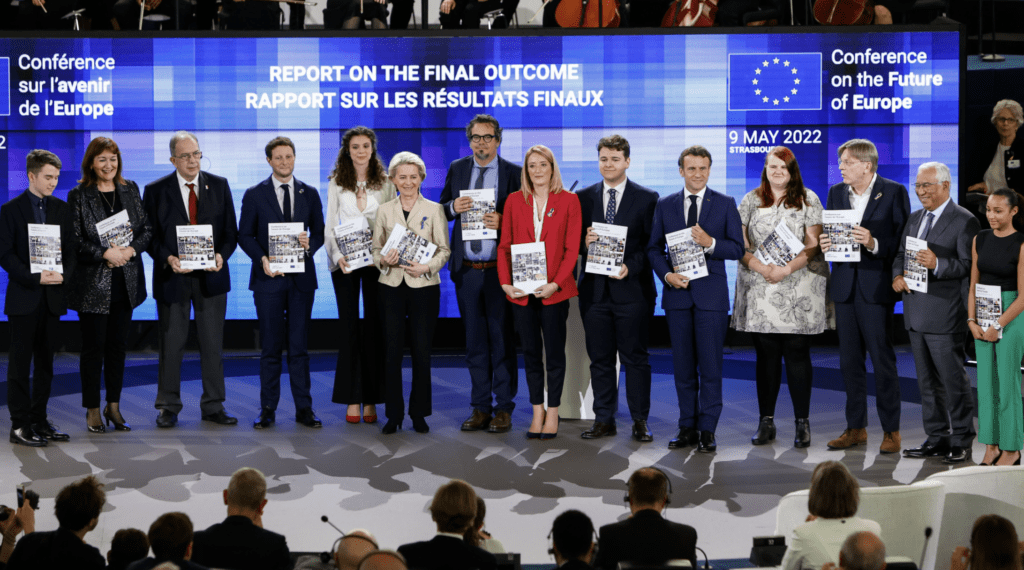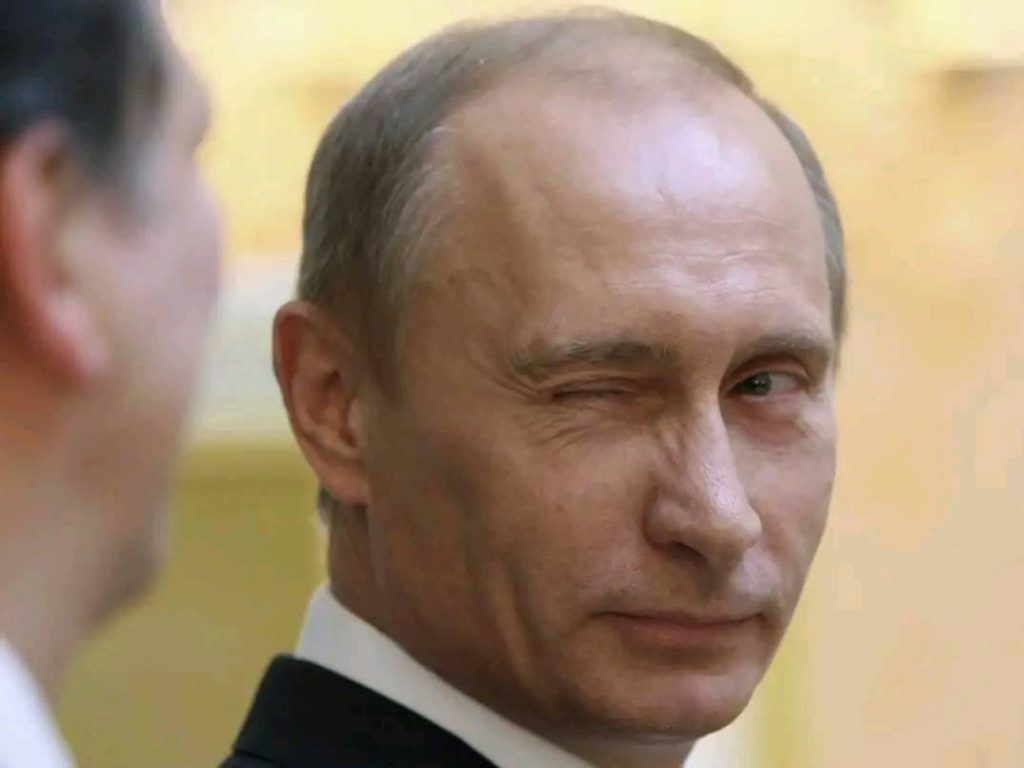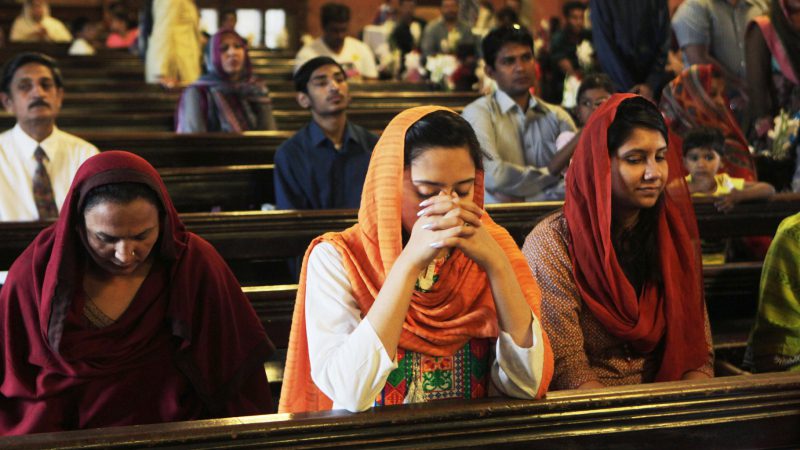
Home Prices Cooling Off in Scandinavia
As interest rates rise, real-estate prices will move in the opposite direction.

As interest rates rise, real-estate prices will move in the opposite direction.

The Russian invasion of Ukraine, together with the question of sanctions, has tended to divide both the political Right and Left. In the European context, a divide between different “Lefts” has manifested most clearly in Spain.

After a Lebanese man had been expelled from the Hells Angels, the conflict between the rocker clan and the Lebanese clan escalated in the city Duisburg. Up to 100 men exchanged at least 19 gunshots, leaving 4 wounded. Residents are desperate.

The debate comes at a particularly sensitive time, when the question of applying new sanctions against Russia is coming up against the objections of three European states, including Hungary. The proposal to generalise qualified majority voting is far from unanimous among European states.

In practice, the merger between mainstream Keynesian economics and welfare-state policy was exactly what drove most of Europe into its current state of stagnation.

Only now, as it becomes clear that Russia is not buckling under the previous sanctions, have countries begun to put the most serious sanctions on the table: those that touch on Russia’s energy empire.

Since its inception one year ago, the Conference on the Future of Europe has been widely regarded as little more than a thinly-veiled attempt by globalist eurocrats to secure additional power over the bloc’s decision-making processes.

Fresh sanctions targeting Russian oil have been a source of worry for landlocked EU member states, such as Hungary. Ironing out a deal has therefore been fraught with hurdles.

In the end, Putin’s much anticipated speech was an 11-minute reiteration of the propaganda used to justify the war in Ukraine.

This was an opportune moment for the EU to recommit to the protection of freedom of religion or belief by reinforcing the existing EU instruments aimed at doing so and highlighting cases concerning minorities where this right has been violated. Yet, it did the exact opposite.

As interest rates rise, real-estate prices will move in the opposite direction.

The Russian invasion of Ukraine, together with the question of sanctions, has tended to divide both the political Right and Left. In the European context, a divide between different “Lefts” has manifested most clearly in Spain.

After a Lebanese man had been expelled from the Hells Angels, the conflict between the rocker clan and the Lebanese clan escalated in the city Duisburg. Up to 100 men exchanged at least 19 gunshots, leaving 4 wounded. Residents are desperate.

The debate comes at a particularly sensitive time, when the question of applying new sanctions against Russia is coming up against the objections of three European states, including Hungary. The proposal to generalise qualified majority voting is far from unanimous among European states.

In practice, the merger between mainstream Keynesian economics and welfare-state policy was exactly what drove most of Europe into its current state of stagnation.

Only now, as it becomes clear that Russia is not buckling under the previous sanctions, have countries begun to put the most serious sanctions on the table: those that touch on Russia’s energy empire.

Since its inception one year ago, the Conference on the Future of Europe has been widely regarded as little more than a thinly-veiled attempt by globalist eurocrats to secure additional power over the bloc’s decision-making processes.

Fresh sanctions targeting Russian oil have been a source of worry for landlocked EU member states, such as Hungary. Ironing out a deal has therefore been fraught with hurdles.

In the end, Putin’s much anticipated speech was an 11-minute reiteration of the propaganda used to justify the war in Ukraine.

This was an opportune moment for the EU to recommit to the protection of freedom of religion or belief by reinforcing the existing EU instruments aimed at doing so and highlighting cases concerning minorities where this right has been violated. Yet, it did the exact opposite.